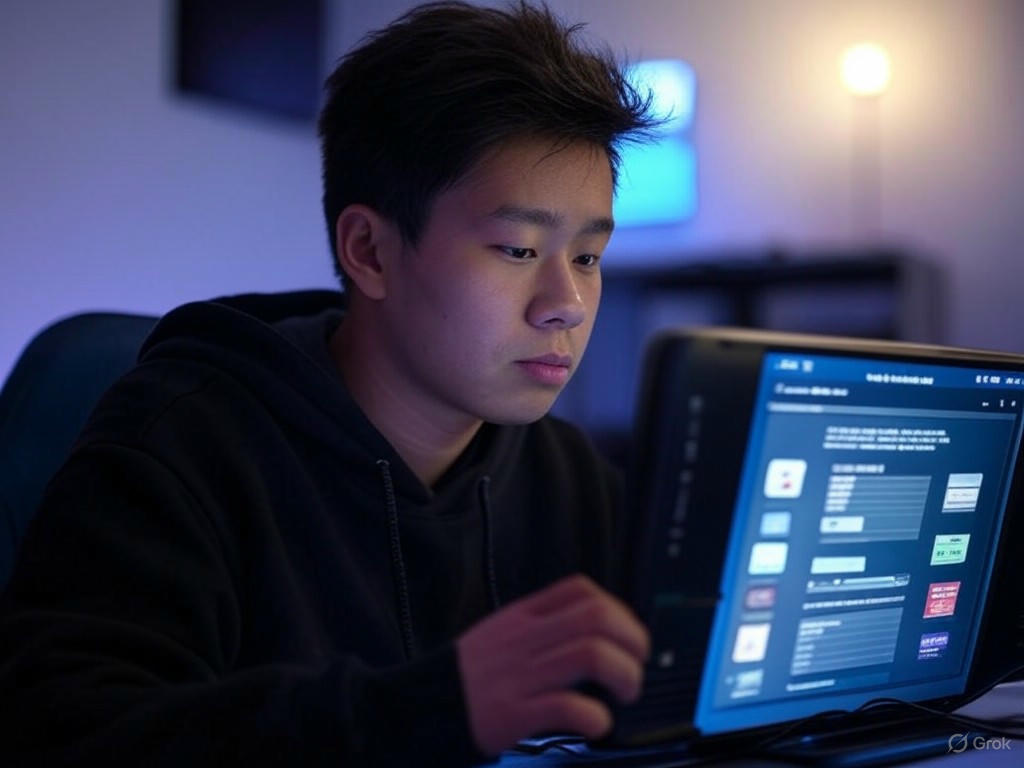Nintendo Switch 2’s GameChat Feature Sparks Debate Over Language Transcription
The gaming world is buzzing with the latest reveal from Nintendo about their upcoming Switch 2 console, set to redefine player interaction with a groundbreaking feature called GameChat. This innovative tool, designed to transcribe in-game voice chats into text in real-time, has been hailed as a major step forward for accessibility in gaming. However, it has also stirred controversy for its unfiltered transcription of profanity and inappropriate language during online play, raising questions about its implementation and impact on the gaming community.
At its core, GameChat aims to make gaming more inclusive. For players with hearing impairments or those who struggle with auditory processing, the ability to read live conversations during multiplayer matches is a game-changer. This feature ensures that no one is left out of the social aspect of gaming, which is often a key part of the experience in titles like competitive shooters or cooperative adventures. Nintendo’s commitment to accessibility has been widely praised, with advocates calling it a long-overdue innovation that could set a new standard for the industry. Beyond aiding players with disabilities, the feature also benefits those in noisy environments or anyone who prefers text over voice communication.
Yet, the feature’s raw transcription capabilities have sparked a heated debate. Unlike moderated chat systems that filter out offensive content, GameChat transcribes everything as it is spoken, including profanity and toxic remarks that are unfortunately common in online gaming spaces. Early testers of the Switch 2 have reported instances where heated exchanges, complete with explicit language, appeared verbatim on their screens. While some players find this transparency amusing or even authentic to the unfiltered nature of live interactions, others worry about its potential to amplify harmful behavior. Parents, in particular, are voicing concerns over how this might expose younger gamers to inappropriate content, even in games rated for all ages.
Nintendo has yet to announce any plans for content moderation or customizable filters for GameChat, leaving many to wonder how the company will balance accessibility with safety. Some suggest that an opt-in toggle for transcription or a delay in text display for moderation could address these issues without undermining the feature’s purpose. Others argue that the responsibility lies with players to maintain a respectful environment, though enforcing such behavior in the often-anonymous world of online gaming remains a challenge. As the Switch 2’s release approaches, the gaming community is eager to see how Nintendo will respond to these concerns and whether GameChat will evolve before launch.
Ultimately, the introduction of GameChat on the Switch 2 represents both a triumph and a test for Nintendo. It showcases their dedication to inclusivity while highlighting the complexities of managing user interactions in digital spaces. As this feature rolls out, it could pave the way for more accessible gaming experiences, provided the right safeguards are in place. For now, players and industry watchers alike await further updates, hoping Nintendo finds the perfect balance between innovation and responsibility.


